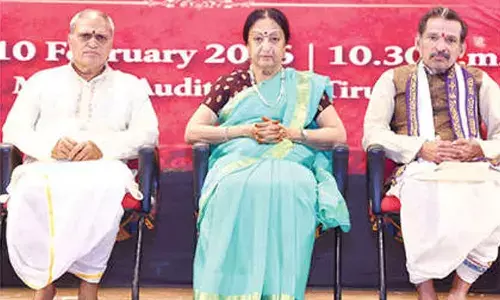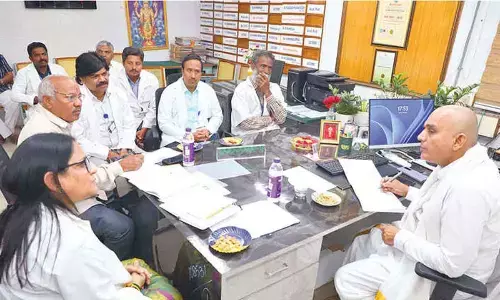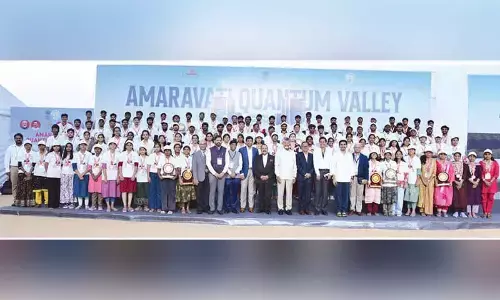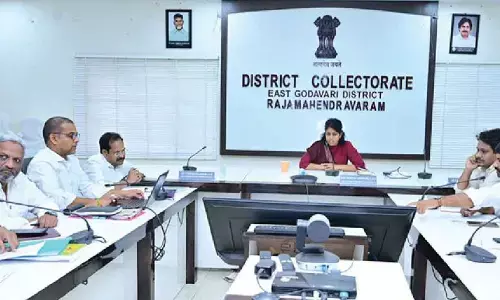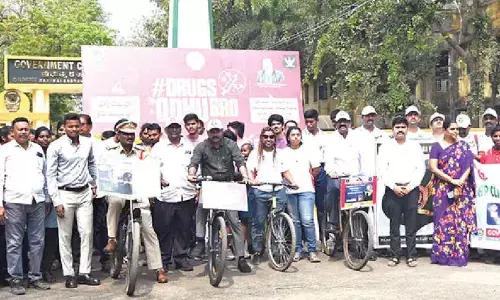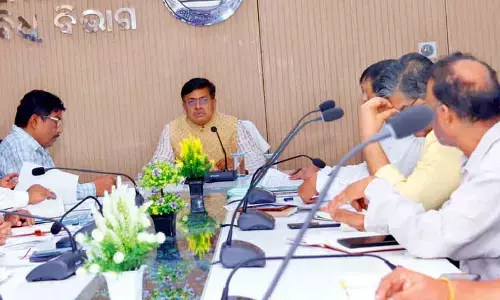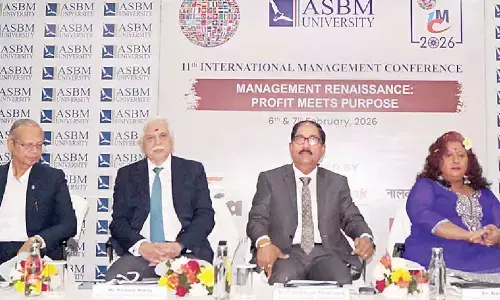When an Amravati club gave kabaddi demonstrations before Hitler!
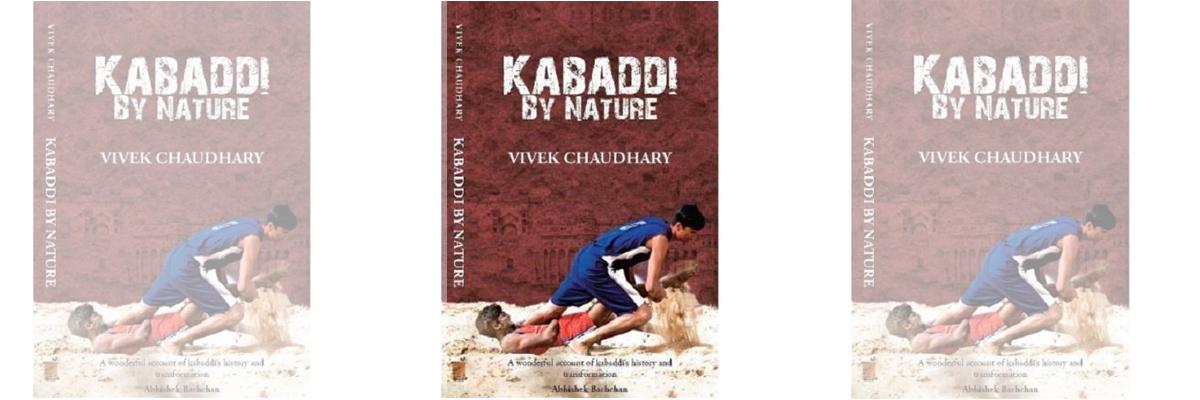
There are several such titbits in a new book on the sport titled Kabaddi by Nature written by Vivek Chaudhary The author chronicles the revival of kabaddi from a rural sport languishing in obscurity to a hep urban game being played in airconditioned indoor stadiums with Bollywood stars and leading business magnates in the audience
Do you know that members of a little-known sports club of Amravati gave demonstrations on kabaddi during the 1936 Berlin Olympics and left Adolf Hitler in awe or Mahatma Gandhi wrote an article on the benefits of the robust earthy sport after watching some men play?
There are several such titbits in a new book on the sport titled ‘Kabaddi by Nature’ written by Vivek Chaudhary. The author chronicles the revival of kabaddi from a rural sport languishing in obscurity to a hep urban game being played in air-conditioned indoor stadiums with Bollywood stars and leading business magnates in the audience.
Nearly 30 Indians set off for Berlin in 1936 from the town of Amravati, gathering at the headquarters of the Hanuman Vyayam Prasarak Mandal (HVPM), a prominent sports club at that time which organised this trip. They were to give demonstrations on kabaddi, Mallakhamb and other traditional sports and were not part of the official Olympic contingent.
Accompanying them into the dark heart of the Third Reich was VB Kaptan, a journalist who was responsible for sending regular despatches back to India, the book, published by Palimpsest, says. The whole trip was possible because of the initiative of Shidhnath Kane, who was the vice president of HVPM then. The team gave Berliners their first taste of kabaddi.
“The 40-minute match took place on the grounds of the city's university, drawing a large crowd which was captivated and bemused by the extraordinary sight of the Indians wearing only shorts and grappling, tussling and pulling each other in this most ancient of sports. It proved to be so popular that they played a second match almost immediately after and then a third,” the book says.
“Camp guards had to be posted all over the field to maintain order,” noted a report at the time. “Cameramen and film-takers were finding a hard time in fixing their machines.” “After the game of kabaddi came a breath-taking display of Mallakhamb during which the Indians astounded the crowd with gravity-defying acrobatic poses on long wooden poles. And the distinctive sporting entertainment continued.”
The Indians made such an impact on Germany's sporting and political elite that word soon reached Hitler's infamous propaganda minister Joseph Goebbels, who spent an hour listening to Kane's theories on sport and sharing his own thoughts on the role it can play to create a strong country.
The meeting with Hitler only lasted around 20 minutes but Kane would continue to revel in it for years to come, sharing its details right up until his death with anybody who cared to listen; most of all with his son Padmakar, who feasted on the story with wide-eyed fascination. “Does your team represent the average Indian,” asked Hitler.
He presented Kane with the Hitler medal. The citation read: “In recognition of his services to the 1936 Berlin Olympic Games. Awarded to D Kane.” It was signed by Hitler himself under his official title: ‘Der Deutche Reichstanzler’ (The German Chancellor).
As Kaptan noted in one of his many dispatches, “Kabaddi received a great reception. This game by now has become so popular in the camp that various teams are engaged in learning its technique. The demonstrations were witnessed by thousands of athletes of various nations and appreciated by all and the prominent authorities of the Berlin Olympic Committee.”
On Gandhi's interest in the sport, the author writes that in December 1926, the father of the nation witnessed a brief kabaddi match in Amravati during his tour of the country against untouchability. “All the volunteers on duty throughout Amravati that day were HVPM's Harijan members while another hundred of them played kabaddi and performed other physical drills for him.
He was delighted by what he saw, lauding the organisation and the network of sister organisations it had established for breaking down the barrier of untouchability where ‘Harijan boys not only live and play but even eat together without the distinction of caste,” the book says.
Going by auction figures, kabaddi has created the highest number of crorepatis after cricket. Chaudhary goes on to tell how kabaddi, whose origin is traced to a mythical past, formed an important part of India's nationalist movement and even the Germans were in awe of the sport.
According to the author, kabaddi does not have an equivalent of a James Naismith (who invented basketball) or William Morgan (inventor of volleyball). “There is no eureka moment such as the one that occurred in 1823 when a boy by the name of William Webb Ellis elected to run with the ball in his hand rather than kick it, leading to the birth of rugby; or when Major Thomas Harry Gem, a lawyer and his Spanish friend Batista Pereira invented lawn tennis in England; or when a group of British soldiers in 1875 began playing what came to be known as snooker,” he says.
“The birth of kabaddi is an enigma; nobody knows of a date when it was first introduced to the world and there are no names of notable citizens who may have brought it together. Certainly, kabaddi was not invented, it evolved over hundreds of years on the dust of India,” Chaudhary writes.



